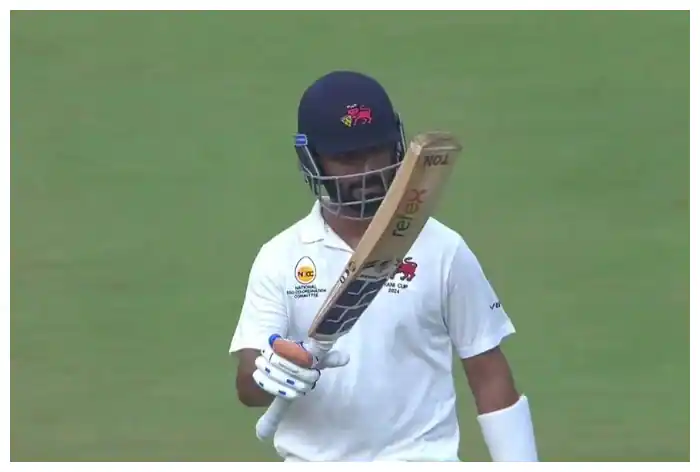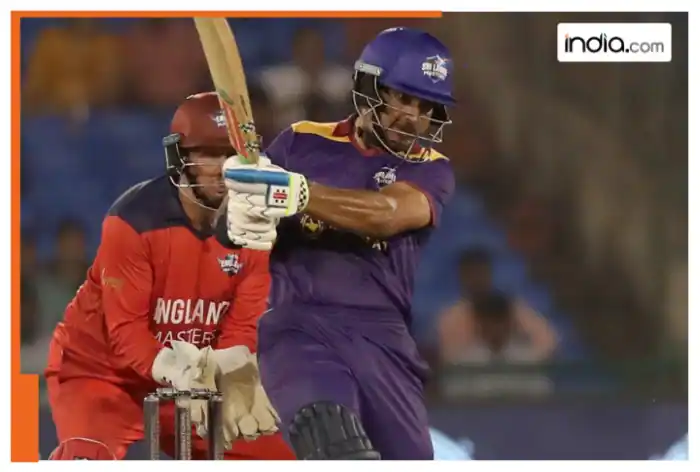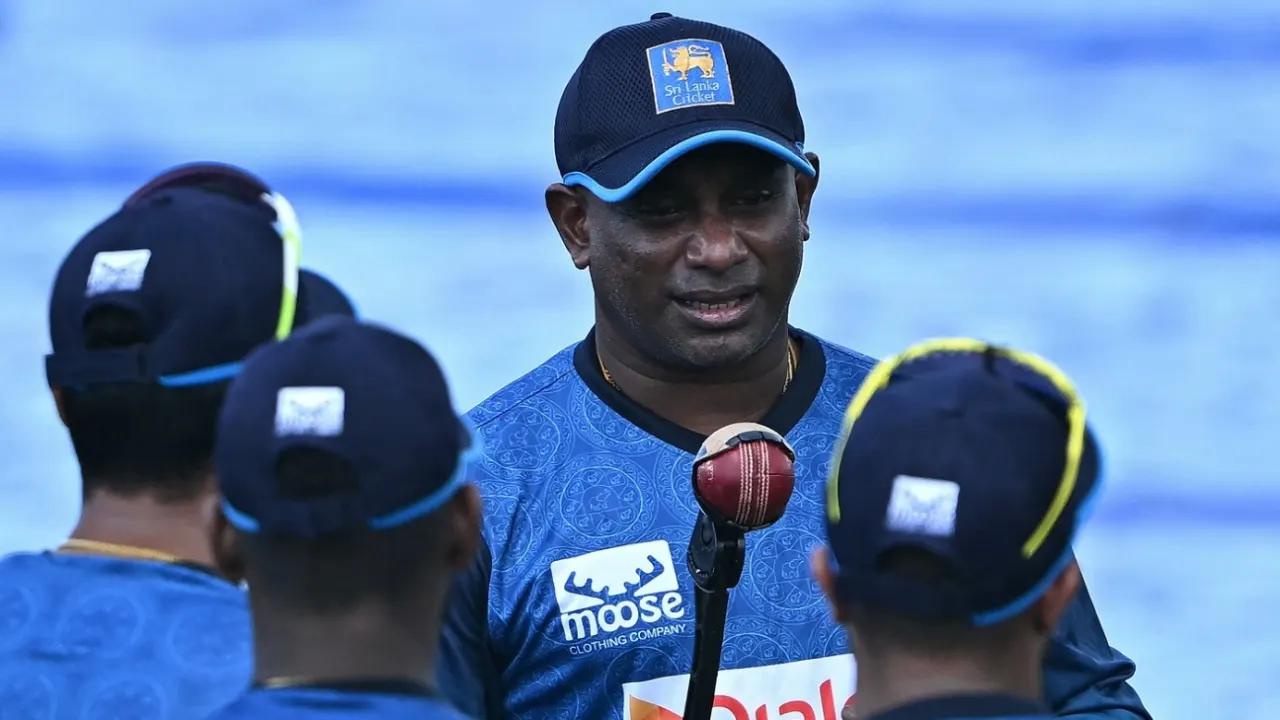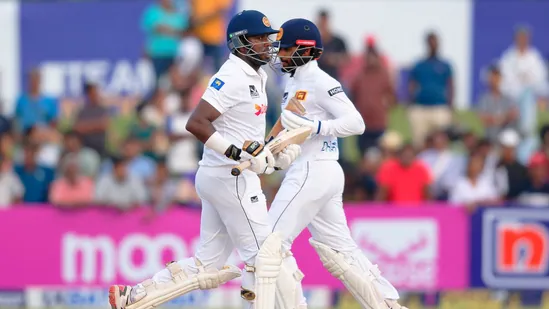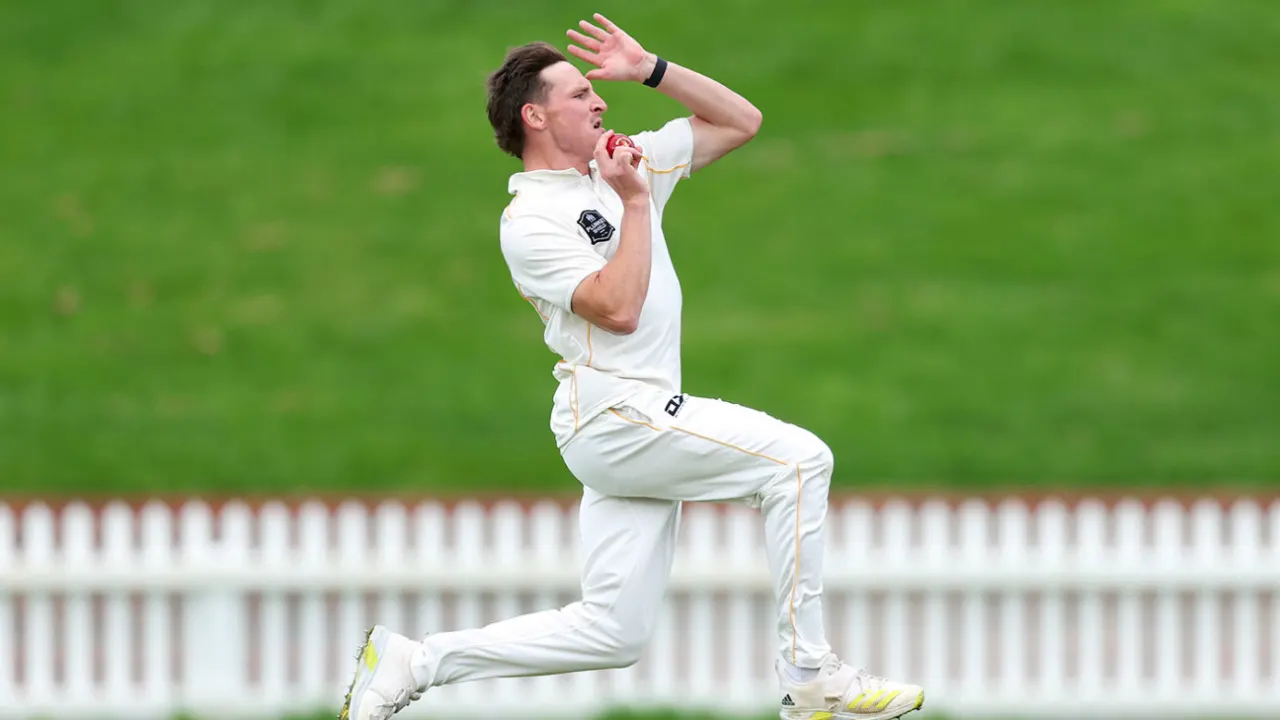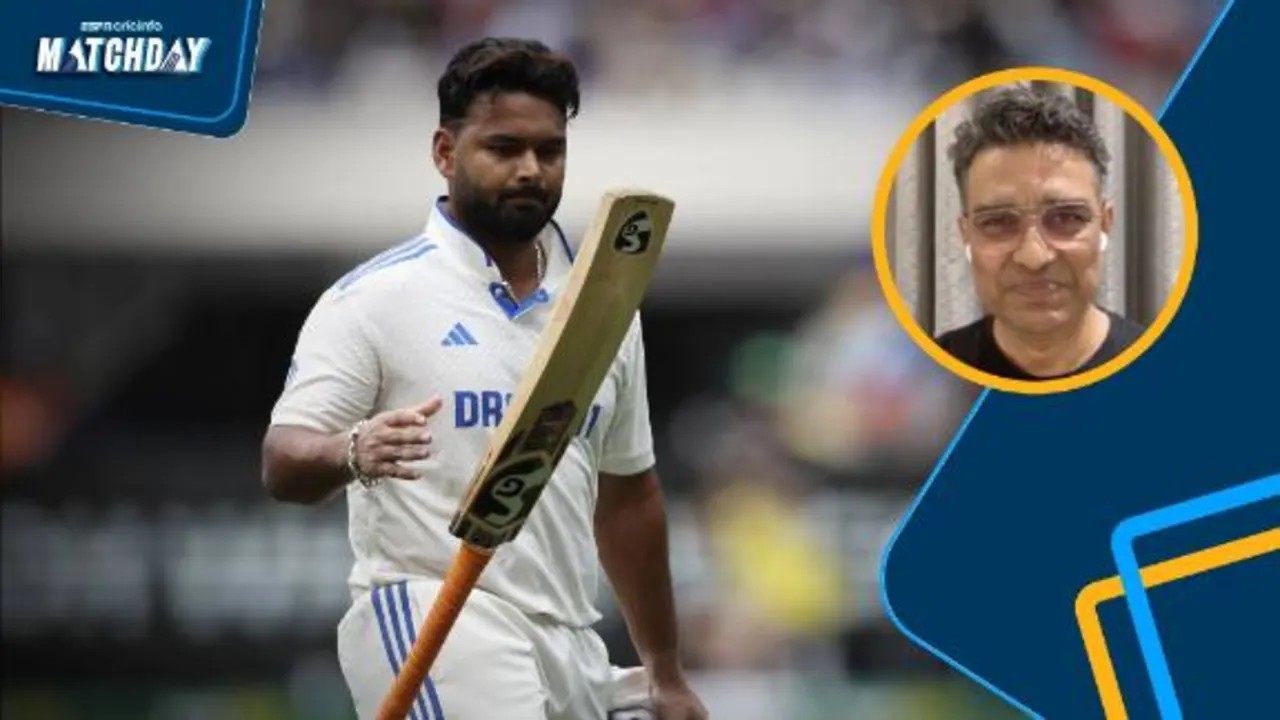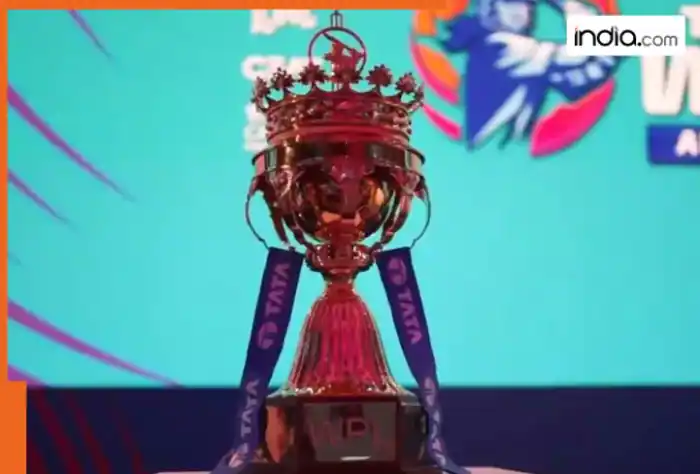'Why, Vinod, Why?': Sachin Tendulkar's Attempt to Help Kambli Failed as Late-Night Dalliances and Irresistible Urge Led to His Sorry State
What a tragic fall from grace. Once half of the most celebrated schoolboy duo in world cricket, Vinod Kambli now finds himself a mere shadow of his former self. It is a stark contrast to the fairy tale beginning he had with his childhood friend, Sachin Tendulkar, as they both rose to play Test cricket together. Kambli's current predicament is of his own making, and he has no one to blame but himself. Sachin Tendulkar certainly cannot be held responsible for Kambli's downfall.
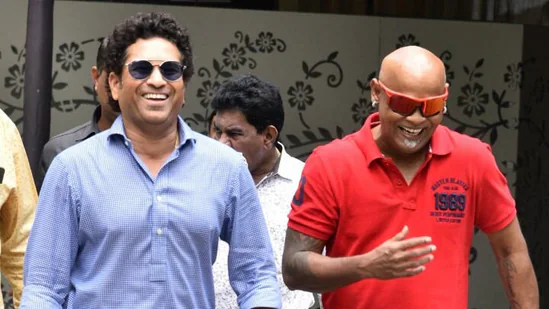
A cricketing bond that was established during their school days blossomed into genuine friendship. Within a year of their 664-run stand for Shardashram School against St Xavier’s College, Tendulkar was playing Test cricket, aged 16, in Pakistan in 1989. This, after having wept in disappointment at not having been picked for the tour of West Indies earlier that year. It took Kambli three and a half years to follow his mate to the Test side but by 1993, they were turning out together for the country, living out a dream, wondering what there wasn’t to like about life.
Kambli announced himself in his first year with 224 against England and 227 against Zimbabwe in successive Tests. Tendulkar wouldn’t register a double-hundred until 1999. And yet, when Kambli said that Tendulkar took the elevator to the top while he himself had to climb the stairs, you could understand where he was coming from – never mind if his remarks were somewhat embellished by a creative individual.
Tendulkar and Kambli's cricket careers went in different directionsBetween Kambli’s twin doubles and Tendulkar’s first such effort – 217 against New Zealand in Ahmedabad in October 1999 – the wheels had started to wobble, if not totally come apart. Their friendship was still on a firm footing, but Kambli’s off-field excesses were beginning to impact his performances. Stories abounded of his late-night dalliances during the 1996 World Cup and beyond. A pronounced vulnerability against the short ball was held against him, but more than any technical inadequacies, it was his fascination for the good things at the expense of his commitment to the sport that catalysed his downfall. How else can you explain away the reality that he didn’t play a Test after November 1995 even though he averaged 54.20 in 17 Tests?
Tendulkar’s storied career encompassed 200 Test matches, 51 Test tons, 100 international centuries, a World Cup winner’s medal. Kambli’s cricketing career, by contrast, will remain a footnote, a tale of unfulfilled promise, a story of throwing it all away despite having the best role model the sport has seen as his closest confidant. The abiding image of Kambli will be the public tears he shed after India’s World Cup semifinal against Sri Lanka at the Eden Gardens was abandoned due to crowd trouble in 1996 and the match was awarded to the eventual champions. That picture is as suggestive as it is iconic.
Over the years, videos have surfaced of Kambli, bedraggled and almost unkempt, staggering around with little control, seemingly under the influence of alcohol. People looked out for him, reached out to him – Tendulkar included, contrary to popular perception – but if you don’t want to help yourself, how can others?
Kambli went on record more than once, lamenting the lack of support from Tendulkar. That wasn’t fair on the latter, who didn’t wash his hands off his buddy but also had his own international career to pursue until November 2013. It was Tendulkar who encouraged Kambli to return to cricket in 2017, following which he got a coaching job at the Mumbai Cricket Association’s Bandra Kurla Complex Academy. The following year, he was mentor to Shivaji Park Lions, who finished runners-up in the inaugural Mumbai T20 Premier League. At the prize distribution ceremony, Tendulkar and Kambli brought time to a standstill when they slumped into a spontaneous, emotional embrace. The delight on each man’s face was a throwback to an era when, mischievously, they ignored their coach's screams and went on batting for Shardashram.
Kambli, with his proclivity for making life difficult for himself, couldn’t stick to the straight and narrow for long, however. Every time a door opened, he himself tried to ease it shut, however harsh that might sound. It has been hard not to feel sad for him, but that sadness has also been accompanied by a tinge of anger. “Why, Vinod, why?” one wants to ask him, forcefully.
In Kambli’s travails is a cautionary lesson on managing fame, success, a sudden upshot in status and bank balance. Could anyone have done anything differently to ensure that he isn’t where he is today? Sure, Vinod Kambli could have, first and foremost. That’s the plain and simple truth.
Stay informed with the...RELATED STORIES
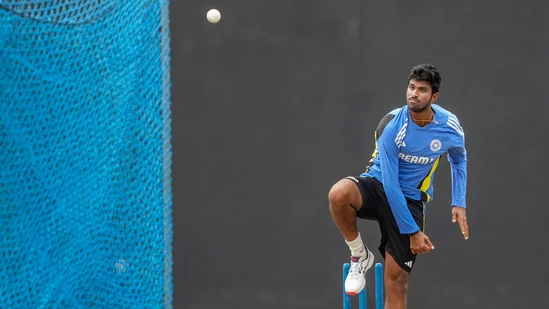
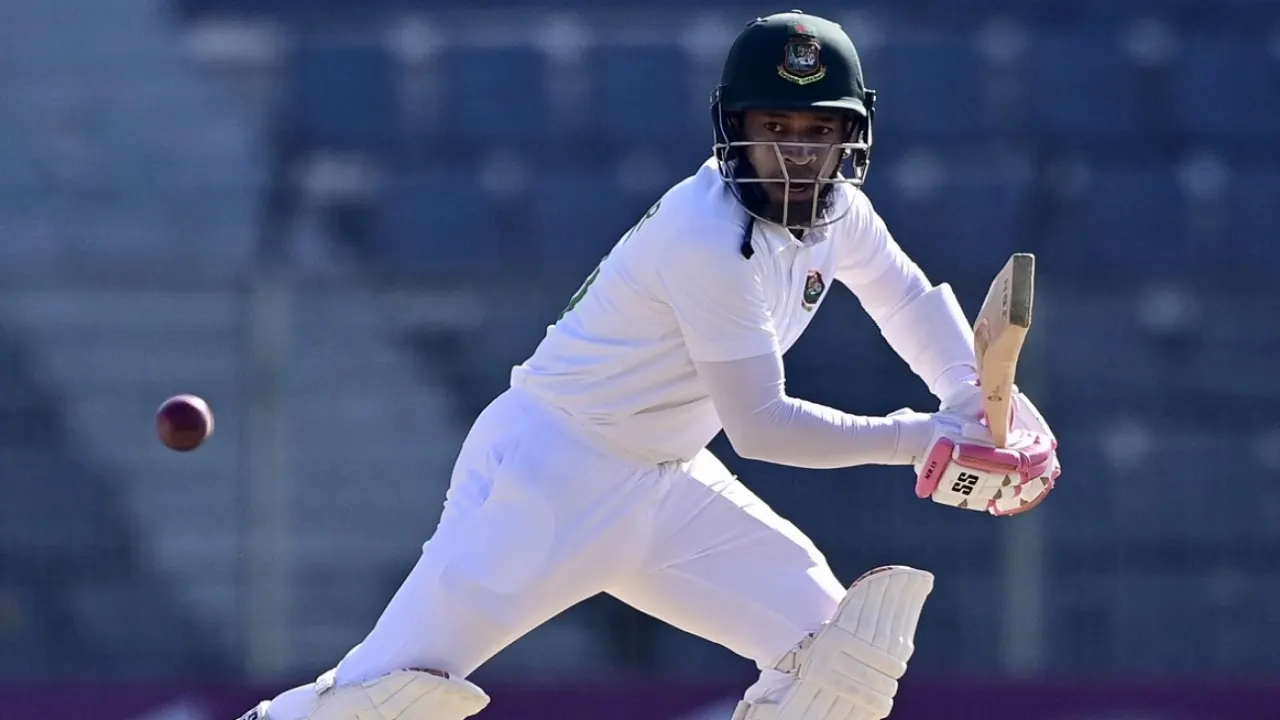


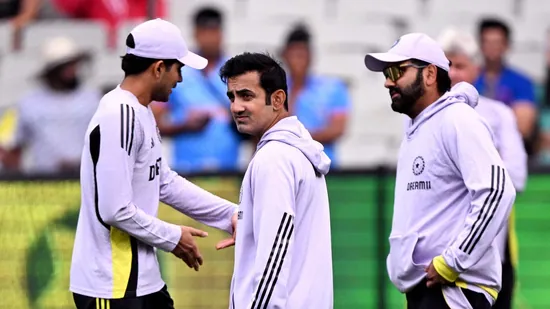
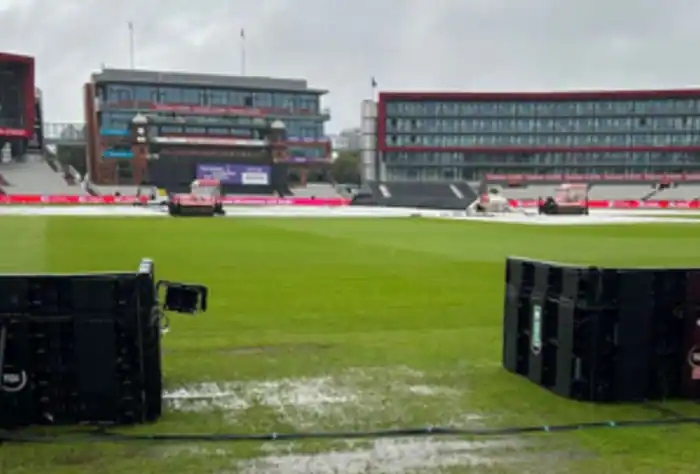
LATEST NEWS

